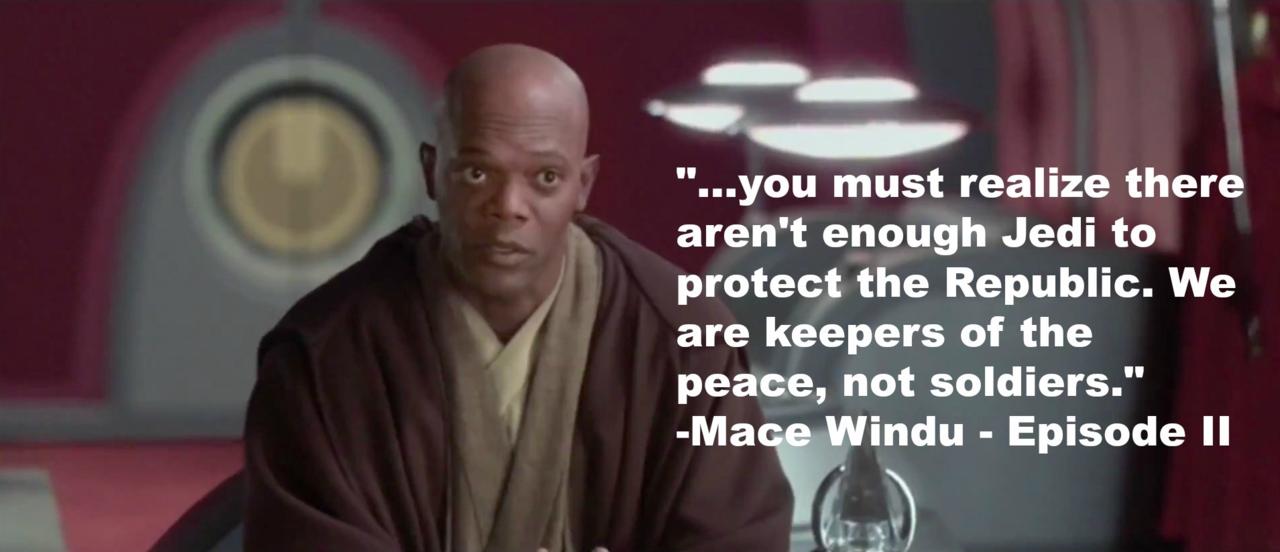The Jedi philosophy during the the prequel era was about the Jedi failing because they were being manipulated by the dark side AND because they couldn't live up to their own standards...
Padmé Amidala: Are you allowed to love? I thought that was forbidden
for a Jedi.
Anakin Skywalker: Attachment is forbidden. Possession is forbidden.
Compassion, which I would define as unconditional love... is central
to a Jedi's life. So you might say that we are encouraged to love.
It's not a matter of "if" a Jedi can kill (anyone can), but what state of mind a Jedi is in when he does.

Initially in this era, the Jedi were meant to be negotiators and keepers of the peace, but because the rise of the separatist and the reveal of a clone army, the Jedi became the Republic's soldiers working side by side with the clones, allowing characters like Obi-Wan Kenobi to be elevated to "General" status and in which they are more heavily engaged in battle and conflict.
But also, as seen in Revenge of the Sith, a Jedi is not to kill an opponent in either rage, hate, or to feel a sense of gaining power by doing so, because that is seen as a violation and corruption in moving towards the dark side, which is why Palpatine encourages Anakin to finish a disarmed Count Dooku and not bring him to justice.
As a side note, The Jedi Philosophy or applied methodology surely had some flaws, including some Jedi not owing up to their own fears about fear, and the original trilogy never really addresses the need for Force philosophy evolution only Darth Vader's redemption back into Anakin Sywalker and the alleged destruction of the Sith, but the sequel trilogy, especially the The Last Jedi, called attention back to that. And it might be possible that, like the former EU that came before, the future of Star Wars in the era post The Rise of Skywalker may be an era that evolves the Jedi philosophy forward in some way.

